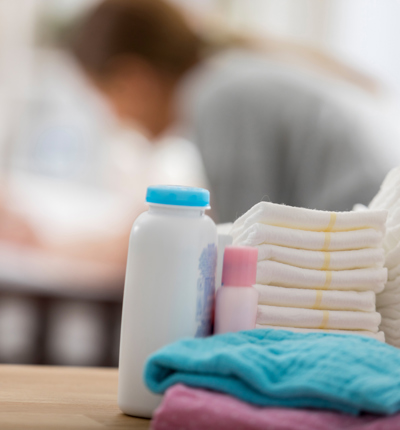
A Californian court has awarded $29 million to a woman with cancer who used talcum powder
Johnson & Johnson facing thousands of talcum powder related mesothelioma claims
Posted on 14 March 2019
A Californian jury has awarded $29 million to Terry Leavitt who was diagnosed with asbestos related cancer, mesothelioma in 2017. She said that asbestos in Johnson & Johnson talcum powder products that she used caused her cancer. The jury found that J&J products were defective and that the company had not warned consumers of the health risks. The trial started on 7 January and heard evidence from nearly a dozen experts on both sides.
In December 2018 a Reuters investigation examined internal J&J documents that showed that J&J’s talcum powder was sometimes contaminated with asbestos, and that the company kept that information from regulators and the public.
Johnson & Johnson has said that it would appeal against the award, saying that Leavitt’s lawyers had failed to demonstrate that its baby powder contains asbestos. The World Health Organization and other health bodies say that there is no safe level of exposure of asbestos. For some people exposure to only tiny amounts of asbestos can trigger mesothelioma, often many years after the original exposure. Other litigation in the US has tried to link the use of talcum powder with ovarian cancer.
Ms Leavitt said that she used Johnson’s Baby Powder and Shower to Shower in the 1960s and 1970s. Her case is the first to go to trial since the Reuters investigation published its findings. J&J is facing more than 13,000 talc-related claims across the US.
London asbestos lawyer Harminder Bains has welcomed the award. She said:
“The news of this award in the US demonstrates that the manufacturers of products that contain any asbestos should not be exempt from paying for the damage that their products cause. Mesothelioma is a fatal cancer that can only be caused by exposure to asbestos and manufacturers must do all they can to eliminate it from their products and must be transparent about sharing their test results with health regulators and the public.”

